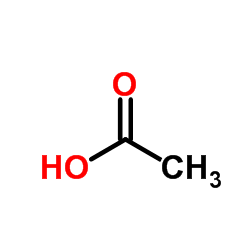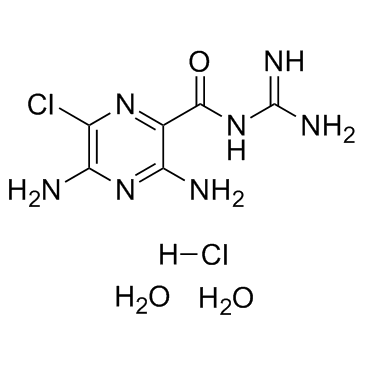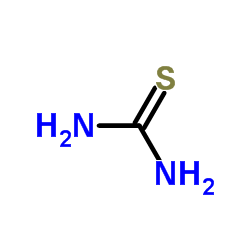| Structure | Name/CAS No. | Articles |
|---|---|---|
 |
acetic acid
CAS:64-19-7 |
|
 |
Amiloride HCl dihydrate
CAS:17440-83-4 |
|
 |
Thiourea
CAS:62-56-6 |